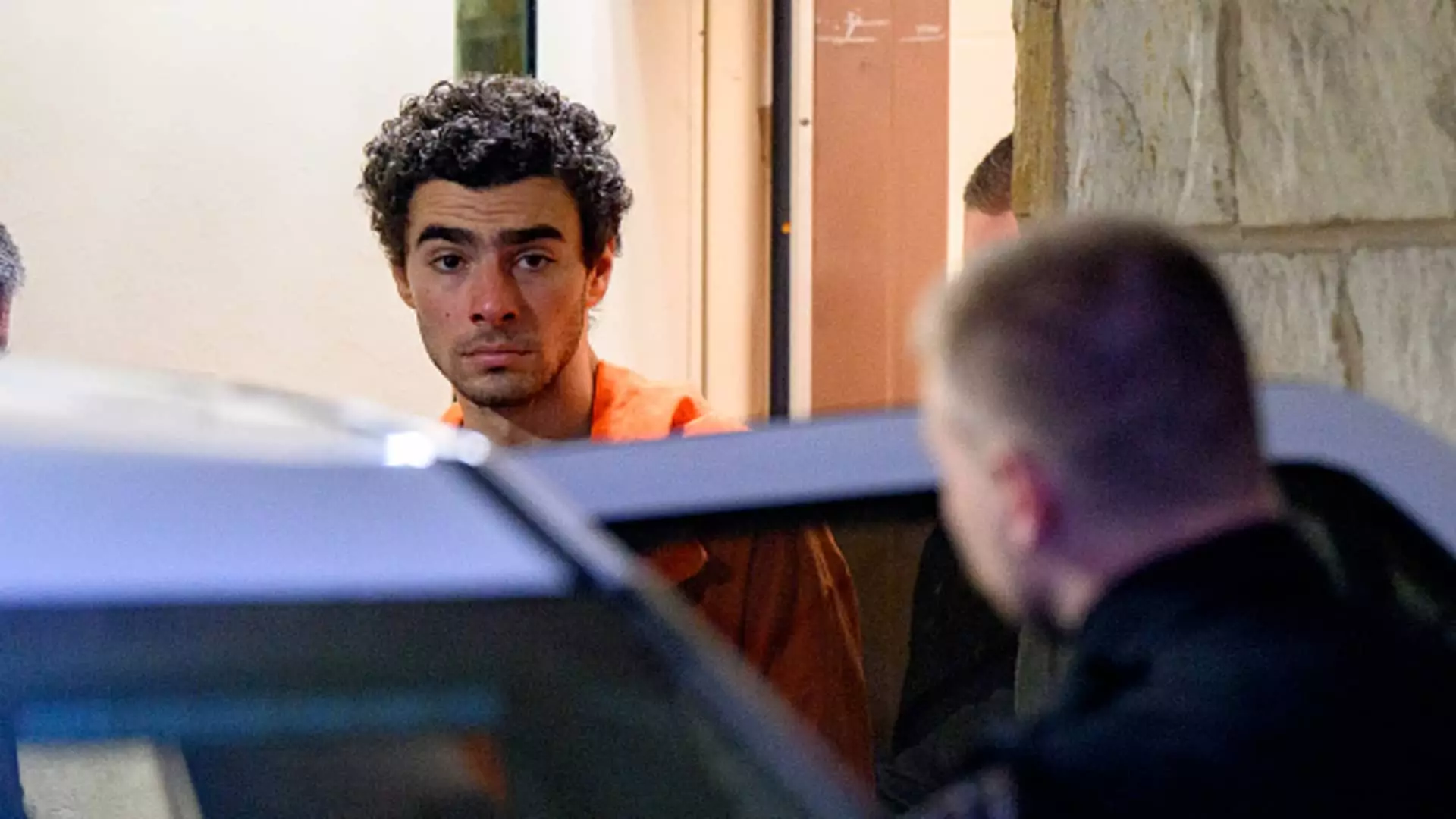The recent murder of United Healthcare’s CEO, Brian Thompson, has shaken the healthcare industry and caught the attention of both federal and state authorities. The alleged perpetrator, 26-year-old Luigi Mangione, has found himself at the center of a complex legal battle that raises numerous questions about motivations, judicial processes, and the implications of terrorism in murder charges.
On December 4, Thompson was brutally ambushed while walking on a Manhattan sidewalk, shot in the back by a masked assailant. This shocking incident not only highlights vulnerabilities in public safety but also casts a spotlight on the dynamics of corporate leadership within the health insurance sector. As the CEO of United Healthcare, a powerhouse in the private health insurance industry, Thompson’s death has drawn national attention, not just because of the crime itself, but also due to the significant implications for the healthcare landscape and corporate governance.
Mangione is accused of plotting the murder to create fear and intimidation, tactics often associated with terrorism. The circumstances surrounding the killing raise alarming questions about the intersection between individual grievances and broader sociopolitical issues. Reports have suggested that Mangione may have targeted Thompson because of the massive, sometimes controversial, influence United Healthcare wields over healthcare policies in the United States. This adds an unsettling layer to the narrative, indicating that the attack could have been motivated by more than mere personal vendetta.
The legal ramifications of this case are extremely complex. Mangione has been indicted on multiple charges, including first-degree murder and terrorism-related offenses, alongside second-degree murder. The unique aspect of a first-degree murder charge in the state of New York necessitates a special circumstance that enhances the standard charge, such as the act being committed for the purpose of furthering terrorism. This nuance in the legal framework complicates the prosecution’s case and invites an aggressive defense strategy.
Karen Friedman Agnifilo, Mangione’s attorney, has voiced concerns over potential double jeopardy issues stemming from the prospective federal charges. This situation illustrates the precarious balance between holding an individual accountable and safeguarding constitutional rights. Are prosecutors potentially overreaching by piling on charges? The debate over whether justice is being served or compromised will continue to unfold in the upcoming court proceedings.
The public’s reaction to Thompson’s murder and the unfolding legal case against Mangione has been one of horror and disbelief. In a society that increasingly grapples with violent crimes tied to ideological motivations, this incident strengthens the discourse around safety, corporate power, and the ethical responsibilities of leaders within huge conglomerates. Citizens are left to ponder the lengths to which individuals may go to express discontent with corporate practices and the socio-economic disparities they create.
Moreover, as the authorities work to navigate a case with potential federal implications, observers are left contemplating the extent to which terrorism can redefine motives for ordinary violent acts. If Mangione’s upcoming trial underscores motivations based on corporate dissatisfaction, it may set a worrying precedent for how such cases are interpreted legally and socially.
With Mangione contesting extradition to New York and various hearings scheduled, the legal proceedings have just begun. If convicted of first-degree murder, Mangione could face life in prison without the possibility of parole, while a second-degree murder conviction might result in a maximum sentence of 25 years to life. As legal experts observe the continuation of this case, the courtroom will become a battleground not only for justice but for broader societal values related to terrorism, corporate ethics, and individual accountability.
In the coming weeks, as more evidence is presented and both defense and prosecution strategies unfold, the nation will be watching closely. The ramifications of this case will reverberate far beyond the courtroom as it prompts public discourse on the intersectionality of crime, power, and justice in contemporary America.


Leave a Reply